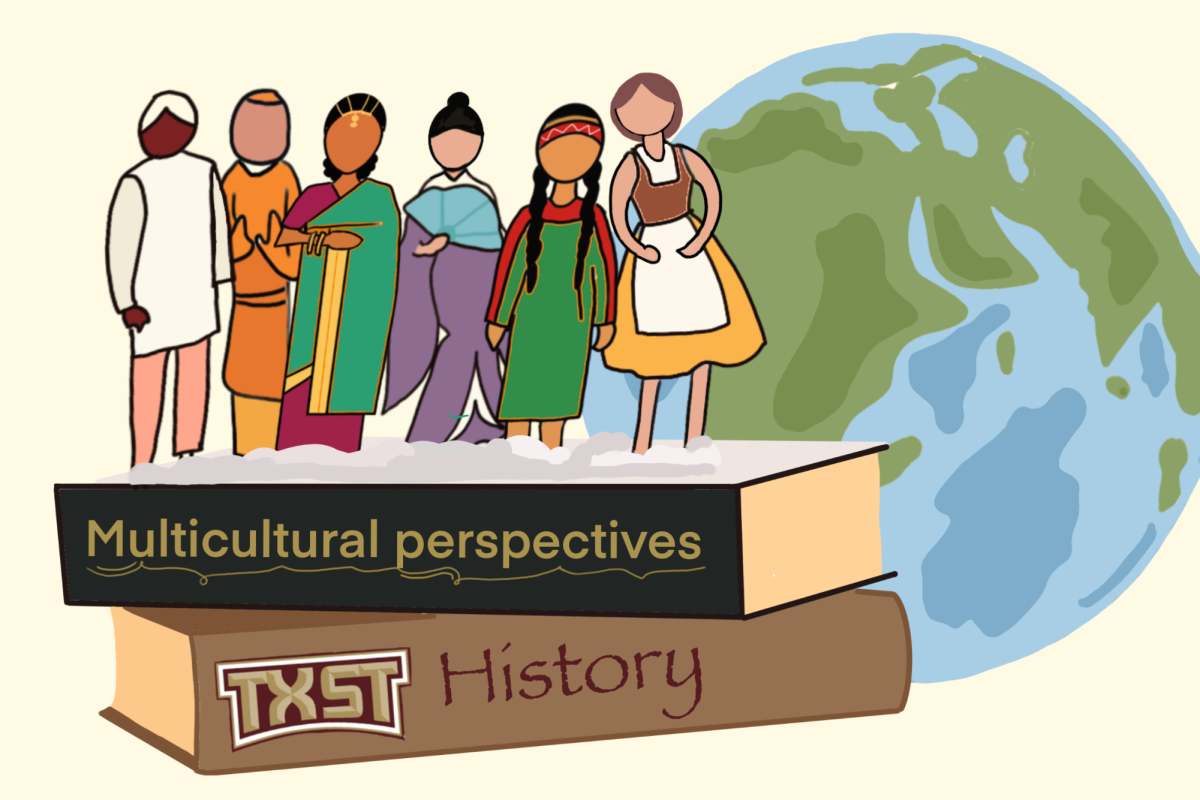The future for scholars in the humanities is bleak, to say the least. The financial meltdown of 2008 gutted much of the funding for public academic institutions. This has put two primary and interrelated antagonists into motion against humanities departments across the country.
The first is the increasing privatization of state universities. Neither public nor private funding are neutral to the interests of their origins. Theoretically at least, public funding is a means towards the benefit of the public interest. And what is the private interest? Ultimately, it is profit.
This leads to the second antagonist. Pressured by the interests of profit, universities prioritize the most profitable departments, the business and STEM fields.
Humanities departments are forced to justify themselves to capital. The negative consequences of this are multiplicitous. Departments who fail to market themselves effectively are punished economically and structurally, and their entire purpose as a field is subverted.
This subversion of purpose narrows the possibilities of the humanities, directing its research toward profit over people and thus rendering the entire field impotent. A study of humanity that excludes narratives, which resist commodification, is merely bastardized economics.
All of this is evidence of knowledge’s inextricable relationship with power.
This relationship is a dominant theme in the philosophy of Michel Foucault. For Foucault, power reproduces itself by instituting systems of knowledge that shape identities and dictate how subjects navigate and utilize their relationships in the world. The “world” itself is merely the conglomerate of these knowledge institutions, which define all of our interpretations of facts in experience.
It is difficult if not impossible to imagine the possibility of scientific and social understanding, or of communication at all for that matter, without publicly defined systems of interpretation coordinated by power.
Yet the necessity of the existence of knowledge and power does not imply that either such as they exist today are necessary.
Students and professors in the humanities cannot continue to passively accept the commodification of knowledge. In the face of deteriorating economic and theoretical prospects, it is time for the humanities to recast its lot with that of humanity.
How this recasting will ultimately materialize is yet to be seen, but we can make some tentative predictions:
Any struggle against capitalist domination will require vast networks of allegiances of the dominated.
Scholars will need to step outside their ivory tower and integrate with communities for whom struggle has always been a reality. This includes impoverished communities, queer communities, communities of color and all others upon whom capitalism vampirically feeds.
Advancements in communicative technologies may also play a vital role. Social media offers new opportunities for political organization and knowledge dissemination. As the internet becomes more universally accessible, a consequence of its increasing necessity in labor and production, the creative utilization of this resource may present new paths towards a liberate pedagogy.
This is not to say that communicative technologies in themselves will drive knowledge production and distribution towards liberation and equality. In fact, contemporary theorists such as Jodi Dean and Evgeny Morozov, compellingly articulate how under the control of late capitalism these technologies move in the opposite direction: toward the reification of hierarchy and domination.
Though we must be wary when wielding double-edged swords, I do not believe that negative potentials exclude radical possibilities. Besides, the situation in the humanities, as it has always been for more traditionally oppressed classes, is desperate.
– Brad Waldraff is a philosophy senior
Categories:
To save the humanities, we must rethink the humanities
October 1, 2017
0
Donate to The University Star
Your donation will support the student journalists of Texas State University. Your contribution will allow us to purchase equipment and cover our annual website hosting costs.
More to Discover







